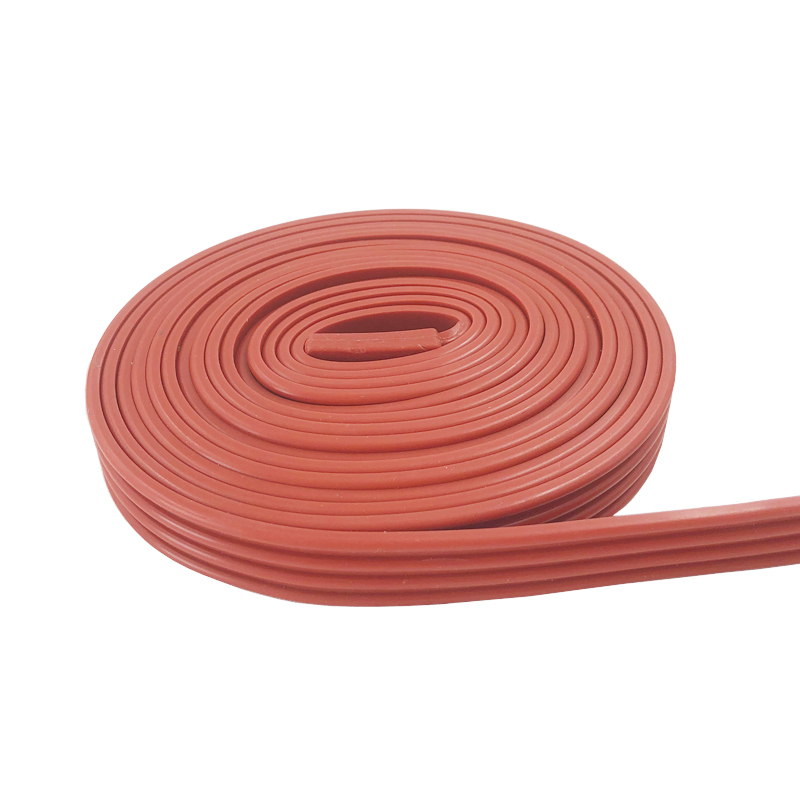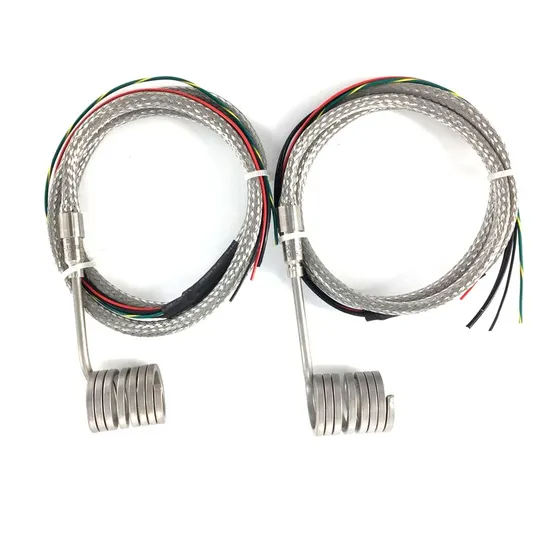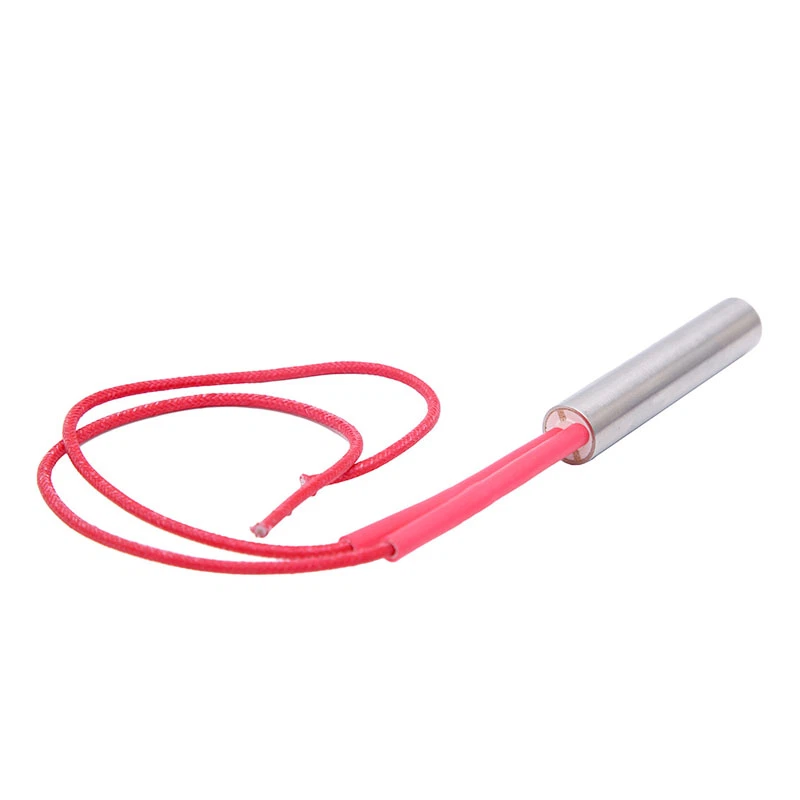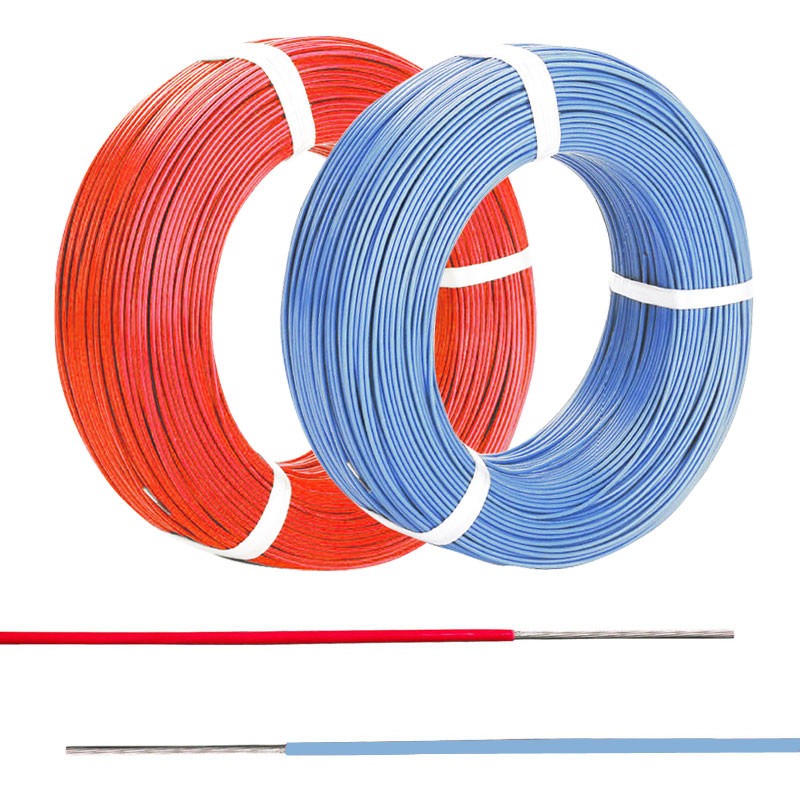In industrial settings, heating solutions are crucial to ensuring smooth and efficient operations. Whether it’s for manufacturing, food processing, or other industrial processes, selecting the right type of heater can have a major impact on productivity and energy efficiency. With a wide range of options available, businesses must choose the best solution based on their specific needs.
In this post, we will explore the various types of industrial heaters, discuss their benefits, and provide guidance on how to choose the best heater for your industrial application.
1. Electric Heaters: Versatile and Efficient
Electric heaters are widely used in industrial applications due to their efficiency and precision. They convert electrical energy into heat, making them ideal for controlled environments where temperature regulation is critical.
Types of Electric Heaters:
-
Cartridge Heaters: One of the most common forms of electric heaters, cartridge heaters are compact, cylindrical heating elements that are often used in molds, tanks, and machinery requiring concentrated heat. These heaters are known for their high thermal efficiency and ease of integration into industrial systems. They are ideal when you need space-efficient solutions with precise heating control.
-
Band Heaters: These heaters wrap around cylindrical surfaces, such as pipes or barrels, to provide even heat distribution. Commonly used in extrusion processes, they are ideal for operations where uniform heating is required.
Why Choose Electric Heaters?
-
Precise Control: Electric heaters, such as cartridge heaters, offer exceptional control, allowing for accurate temperature adjustments that are essential for many industrial processes.
-
Energy Efficiency: They can heat spaces quickly without waste, making them a great choice for businesses aiming to minimize energy costs.
-
Low Maintenance: Electric heaters typically require less maintenance compared to gas-powered models, contributing to lower operational costs.
Electric heating solutions are ideal for companies that need reliable and easy-to-maintain heating systems for small or medium-sized applications.
2. Gas Heaters: Cost-Effective for Larger Spaces
Gas heaters are commonly used in large industrial spaces where high heat output is necessary. They work by burning natural gas or propane to generate heat, making them more cost-effective for operations that need a significant amount of heat for large areas.
Advantages of Gas Heaters:
-
Lower Operating Costs: Gas-powered heaters tend to have lower operating costs when compared to electric heaters, especially for large-scale applications.
-
High Heat Output: Gas heaters can produce a large amount of heat in a relatively short amount of time, making them ideal for large warehouses or production facilities.
-
Versatility: They can be used in both indoor and outdoor applications, though proper ventilation is necessary for indoor use to avoid the accumulation of dangerous gases.
While gas heaters are great for large spaces, they do require careful safety management and ongoing maintenance to ensure they function safely and efficiently.
3. Infrared Heaters: Ideal for Spot Heating
Infrared heaters provide a unique heating solution by emitting infrared radiation to directly heat objects and surfaces, rather than heating the air around them. This makes infrared heaters especially useful for applications that require localized heating or when traditional convection heating would be inefficient.
How Infrared Heaters Work:
Infrared heaters emit radiation that directly heats objects in their line of sight. Unlike conventional heating systems that heat the air and rely on convection to spread warmth, infrared heaters focus on the target object, providing rapid heating with minimal energy waste.
Applications of Infrared Heaters:
-
Drying and Curing: Infrared heaters are widely used in industries like automotive and manufacturing for drying paint or curing materials.
-
Food Processing: In food production, infrared heating is used for drying or cooking food products quickly and evenly.
Why Use Infrared Heaters?
-
Energy Efficient: Infrared heaters provide targeted heating, minimizing energy loss and increasing efficiency.
-
Rapid Heating: Infrared heaters can heat objects almost instantly, reducing waiting times in high-speed production processes.
-
Minimal Air Movement: Infrared heaters are ideal for processes that require minimal air movement, such as in cleanrooms or laboratory settings.
Infrared heaters are an excellent option for industries that require quick and efficient spot heating in specific areas.
4. Immersion Heaters: Effective Heating for Liquids
Immersion heaters are designed for heating liquids directly within tanks or other containers. This type of heater is commonly used in industries such as chemical processing, food production, and pharmaceuticals, where precise liquid heating is essential.
How Immersion Heaters Work:
Immersion heaters are placed directly into the liquid that needs to be heated. This direct contact between the heating element and the liquid ensures uniform and efficient heating.
Advantages of Immersion Heaters:
-
Direct Heating: Since the heater is submerged in the liquid, it directly heats the fluid, which leads to more efficient heating compared to external heating methods.
-
Cost-Effective: Immersion heaters are often more affordable than other heating systems, making them a popular choice for many businesses.
-
Versatility: They can be used to heat a wide variety of liquids, including water, oils, and chemicals.
Immersion heaters are ideal for any industrial application that requires the heating of liquids, such as tanks or vats.
5. Choosing the Right Heater: Key Considerations
When selecting the right heating solution for your industrial application, several key factors should be considered to ensure that the system you choose meets your operational needs effectively:
1. Space and Heating Area:
-
For small, localized heating, cartridge heaters are an excellent choice, as they offer high efficiency in tight spaces.
-
Larger spaces or areas requiring significant heat output may be better suited to gas heaters or infrared heating systems.
2. Energy Efficiency:
-
If energy efficiency is a top priority, electric heaters, especially cartridge heaters, provide excellent performance with minimal waste.
3. Temperature Control Requirements:
-
Electric heaters with precise temperature control are ideal for applications requiring constant, reliable heat, such as those in the manufacturing or pharmaceutical industries.
4. Maintenance and Safety:
-
Electric heaters like cartridge heaters tend to require less maintenance than gas heaters. Consider the level of ongoing maintenance your business can handle when making a choice.
5. Application Type:
-
For heating liquids, immersion heaters are the go-to solution. For large areas, gas or infrared heaters may be the best choice.
Conclusion
Selecting the right industrial heater for your operations is a crucial decision that can affect efficiency, costs, and safety. While there are various types of heating systems available, including electric, gas, and infrared heaters, cartridge heaters stand out for their energy efficiency and precision, particularly in small to medium-scale applications. Understanding the benefits and features of each type of heater will help you make an informed decision tailored to your business needs.
If you are interested in exploring high-quality heating solutions for your operations, including cartridge heaters, be sure to check out our product offerings at CheriHeater. Our heaters are designed to optimize performance and ensure reliable, efficient heating for your industrial needs.














